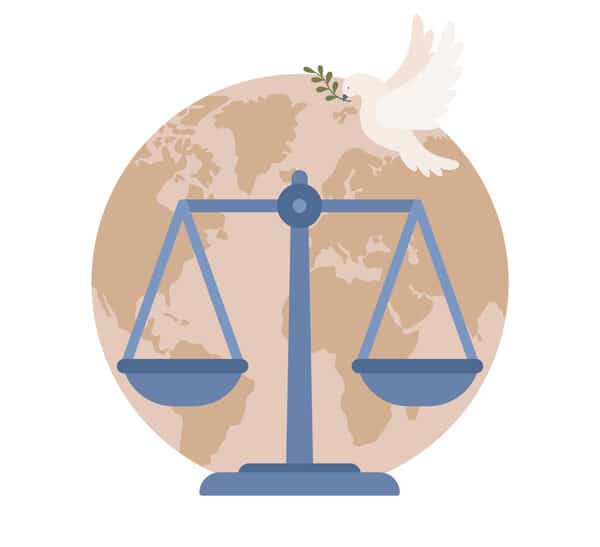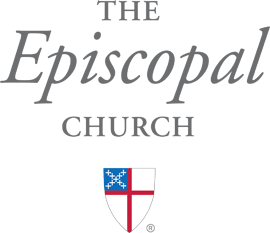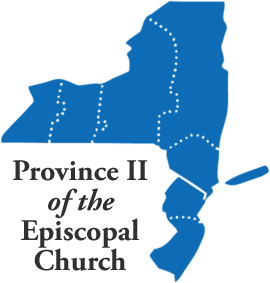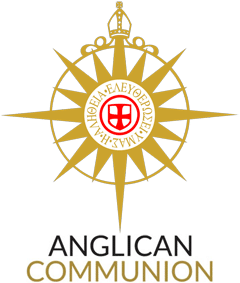
The Diocese of Newark’s long history of being at the forefront of justice for all God’s people is once again leading the way, this time to ensure that sexism and misogyny is eradicated within The Episcopal Church. In the wake of the #MeToo movement, and the continued wage and leadership gap for women across our country, it is disturbing to consider that this injustice is also a part of our church. Yet studies and anecdotal reports across the larger church have made it clear that The Episcopal Church is not immune from the societal sins of sexism and misogyny that have plagued the larger world.
The 144th Diocesan Convention in 2018 passed a resolution creating a new task force charged with addressing this important justice issue by:
- reporting on gender equity with regard to compensation and role in our churches;
- developing anti-sexism training that will be required in the same way as anti-racism has been;
- submitting to the 79th General Convention of The Episcopal Church a similar resolution.
The Anti-Sexism Task Force (ASTF) has been hard at work since that time, delivering on every part of its commission from the diocese.
The ASTF found there was no training available for the church to address sexism and misogyny, so we got to work and created it. Over the course of two years, we developed the first Anti-Sexism Training required in The Episcopal Church. The Anti-Sexism Training is offered in-person in a single day in various locations across the diocese, multiple times per year. The training includes thoughtful discussion, interactive exercises, videos, and presentations designed to engage dialog on the impact of sexism in the lives of women and girls, understand the role of the church in perpetuating sexism, and equip participants with the tools to effect change.
Comments about the Anti-Sexism Training include:
Excellent in every regard. Thanks for the obvious preparation, the way you conducted the discussions.
The quality of the presentations, selections of reading and videos, and the skills of the presenters to guide the discussion on an important issue made the day a gift.
I was surprised by the creativity and breadth of the presentations.
Subsequent trainings for those who have completed this initial requirement are being planned, and it is hoped that we will be able to produce modular courses that can be done online, or in short interactive and easy to access sessions. These modular courses, required every five years, will focus on intersectionality of sexism with other areas, including: LGBTQ+, Women of Color, Economics/Poverty, and Healthcare.
At this time we are the only diocese that requires Anti-Sexism Training, but other dioceses have contacted us to gain insight into how to develop their own training. In the larger church, because of the resolution we sent to General Convention, a “Task Force to Study Sexism in The Episcopal Church & Develop Anti-Sexism Training,” was created, chaired by one of our own, Laura Russell.
The ASTF also reports annually, as required by the initial resolution, on the status of women clergy in the diocese at each Diocesan Convention, leveraging information provided by the Church Pension Group. In addition, the Task Force collected stories about sexism in the form of harassment, sexual abuse, compensation, and more, directly from clergy in our diocese. Some of those stories are shared in the context of the training to inform the participants of the way in which sexual harassment, abuse, and exploitation found in the secular world has not escaped our church.
The current task force members are:
Laura Russell, Co-Chair
The Rev. Diana L. Wilcox, Co-Chair
The Rev. Danielle Baker
Anthony Briggs
The Rev. George Dredden
The Rev. Paula Toland
For more information, visit the Anti-Sexism Task Force page.





